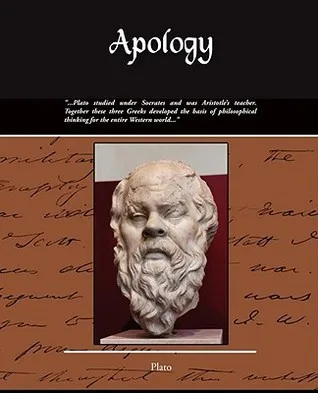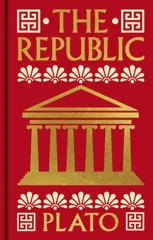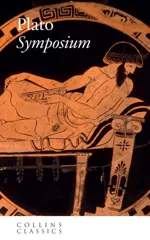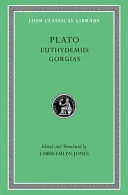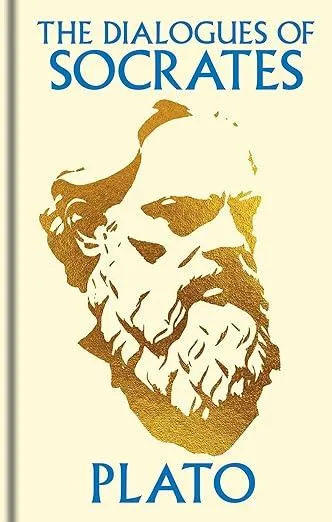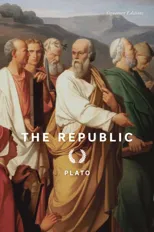Apology - Also Known as the Death of Socrates
(Author) PlatoPlato studied under Socrates and was Aristotle's teacher. Together these three Greeks developed the basis of philosophical thinking for the entire Western world. Plato was also a writer, mathematician, and founder of the Academy in Athens, which was the first university in Europe. In Euthyphro Socrates discusses the nature of piety. He is on his way to address the senate. In Apology he will defend the charges of corrupting the youth of Athens and in Crito he explains to friends that having benefited from the laws of the state in the past, he cannot violate them now simply because they inconvenience him. These three volumes make an excellent resource for studying Socrates and his world in Athens.
Plato
Plato was an ancient Greek philosopher and the founder of the Academy in Athens, the first institution of higher learning in the Western world. His most notable works include "The Republic," "Symposium," and "Phaedo." Plato's dialogues are written in the form of conversations between Socrates and other characters, exploring themes such as ethics, politics, and metaphysics.
Plato's influence on literature is profound, as his philosophical ideas have inspired countless writers and thinkers throughout history. His most famous work, "The Republic," is a seminal text in political philosophy and has had a lasting impact on the genre. Plato's literary style is characterized by its use of dialogue, dialectic, and allegory, making his works both engaging and thought-provoking.
